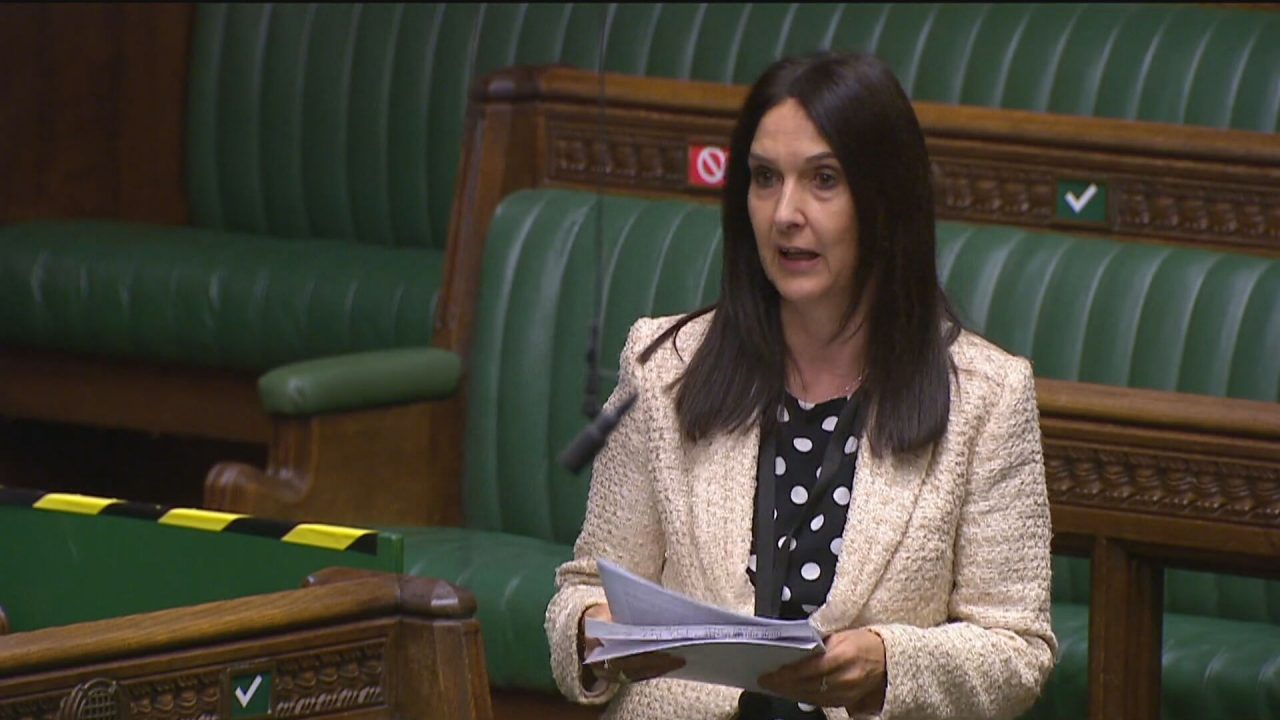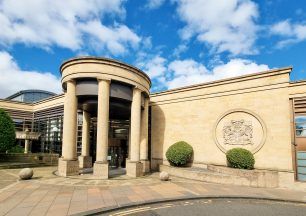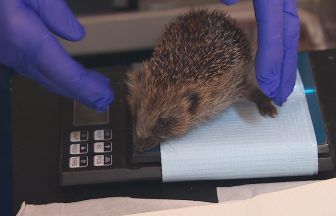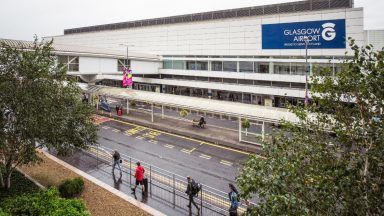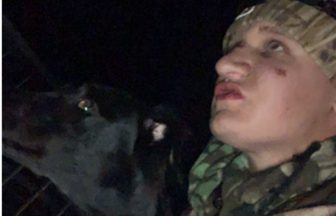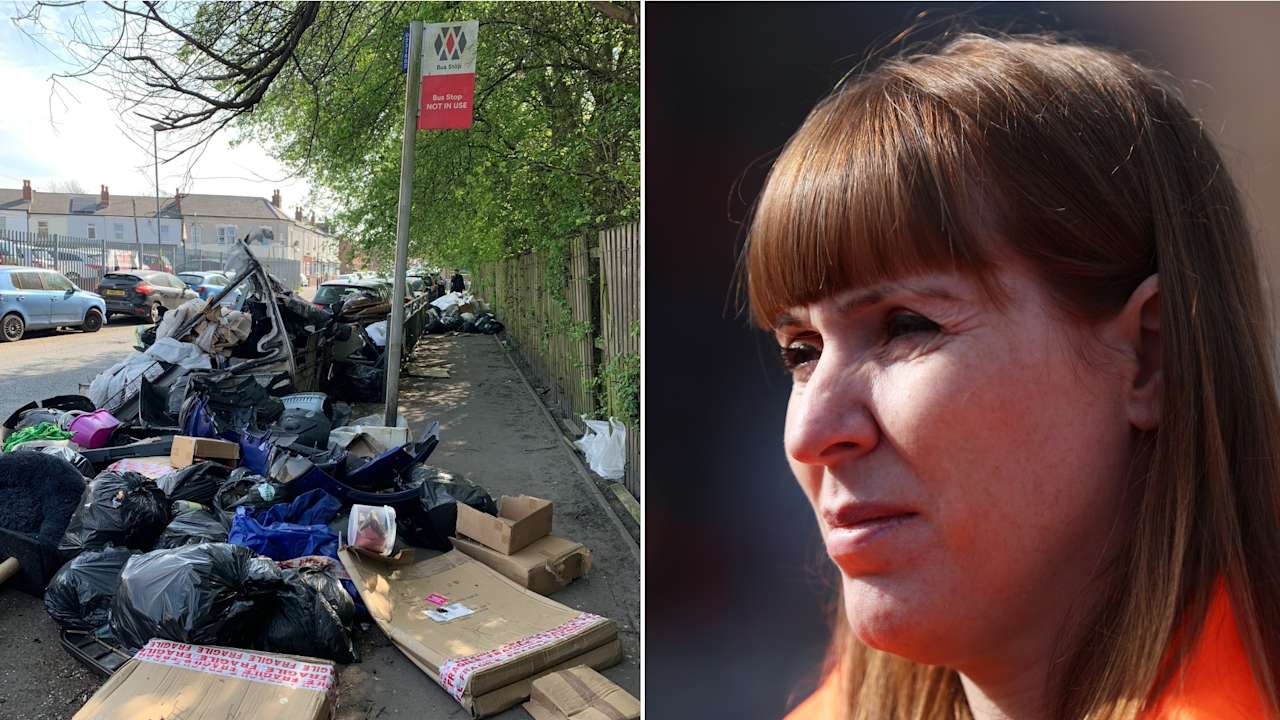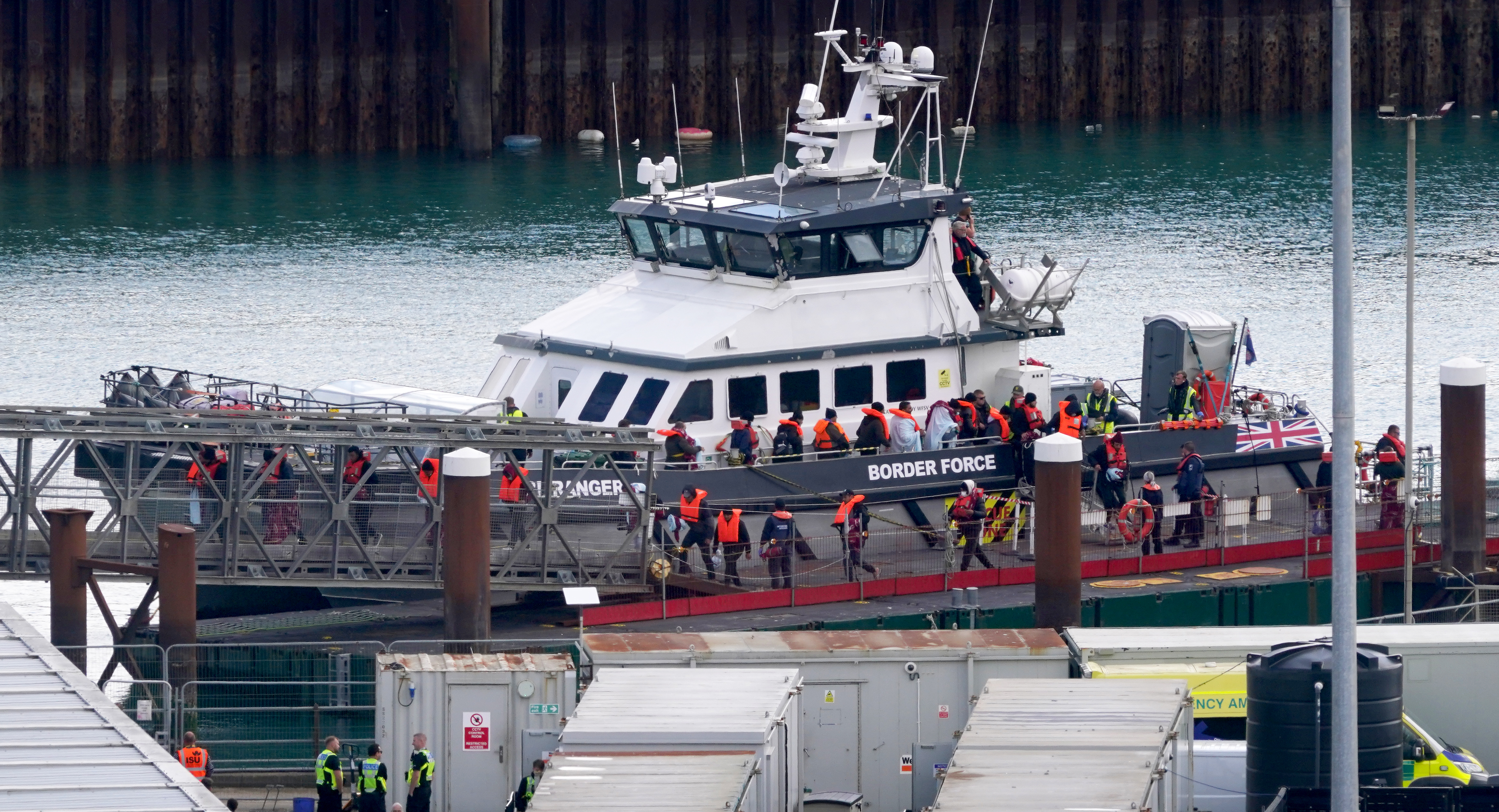A crucial by-election in Margaret Ferrier’s constituency moved a step closer after MPs approved a 30-day House of Commons ban for the Covid rule-breaker.
It comes after Ferrier, an independent MP who represents Rutherglen and Hamilton West, lost her suspension appeal.
The punishment was proposed by MPs on the Commons Standards Committee after Ferrier breached Covid rules by speaking in Parliament and taking the train between Scotland and England while positive for the virus.
With a sanction of 10 sitting days or more being enough to potentially force a by-election, Ferrier had appealed against the length of her proposed suspension.
But the Independent Expert Panel rejected that appeal and MPs have now voted 185-40 in favour of suspending her.
Their ruling stated that Ferrier “acted with blatant and deliberate dishonest intent”, adding she “acted selfishly, putting her own interests above the public interest”.
Ferrier was also criticised for failing to provide a “detailed timeline” of events to the commissioner investigating the incident.
Ferrier was elected as an SNP MP in 2019, but was suspended by the party the following year after she breached Covid rules.
She has already been ordered to complete a 270-hour community payback order by a court after admitting culpably and recklessly exposing the public “to the risk of infection, illness and death” as a result of her behaviour.
What happens next?
Under UK Parliament rules, if an MP is suspended for 10 sitting days or more a by-election can be held – but for this to happen 10% of registered voters in the constituency need to sign a recall petition.
There has never been a recall petition in Scotland since the procedure was introduced in 2015.
Rutherglen and Hamilton West had an electorate of 80,918 in the 2019 general election, so just over 8,000 people would have to sign the petition to remove Ferrier, who won the seat in 2019 with almost 24,000 votes.
How do recall petitions work?
Recall is where the electorate in an area can remove an elected representative before the end of their term by signing a recall petition.
The procedure for MPs was introduced in the UK in 2015 in response to the MPs’ expenses scandal that occurred in the run up to the 2010 General Election. There are currently no plans to extend recall to other elected officials.
MPs can be recalled under three circumstances:
- Conviction in the UK of any offence and sentenced or ordered to be imprisoned or detained, after all appeals have been exhausted.
- Suspension from the House following report and recommended sanction from the Committee on Standards for a specified period (at least 10 sitting days, or at least 14 days if sitting days are not specified);
- Convicted of an offence under section 10 of the Parliamentary Standards Act 2009 (making false or misleading Parliamentary allowances claims). Note – the sentence does not have to be custodial for this condition.
If one of the conditions is met the Speaker of the House must notify the local returning officer. They are known as a petition officer when dealing with a recall petition.
The recall petition
The petition officer will arrange for the petition to be open for six weeks. Electors may sign in person at a signing station or sign by post or by proxy.
For a recall petition to be successful, 10% of eligible registered voters need to sign the petition.
If the 10% threshold is reached, the petition officer informs the Speaker of the House of Commons. On the giving of that notice the seat becomes vacant.
A by-election is then required. The recalled MP may stand as a candidate. The timing of a UK Parliamentary by-election is determined by custom of the House of Commons: the party that previously held the seat will usually decide when to trigger the by-election.
If the 10% threshold is not reached the recall fails and the MP retains their seat.
If the Speaker triggers a recall petition, it will be the first one in Scotland. It would also be the first ballot in Scotland to use voter ID.
There have been three recall petitions in total across the UK. Two out of the three were successful in triggering a by-election for the MP in question.
There is a strong expectation of a by-election in Rutherglen and Hamilton West but the recall petition process takes more than six weeks to complete and it needs that backing of 10% of registered voters in the seat.
Will voters need ID?
Yes. Voters in Scotland now need to show photo identification to vote at polling places in UK parliamentary by-elections and recall petitions.
The rule will also apply to UK general elections from October, but not in Scottish parliamentary or local government contests.
Accepted forms of ID include:
- passports
- driving licences
- Older or Disabled Person’s bus passes
- Scottish National Entitlement Card
Follow STV News on WhatsApp
Scan the QR code on your mobile device for all the latest news from around the country


